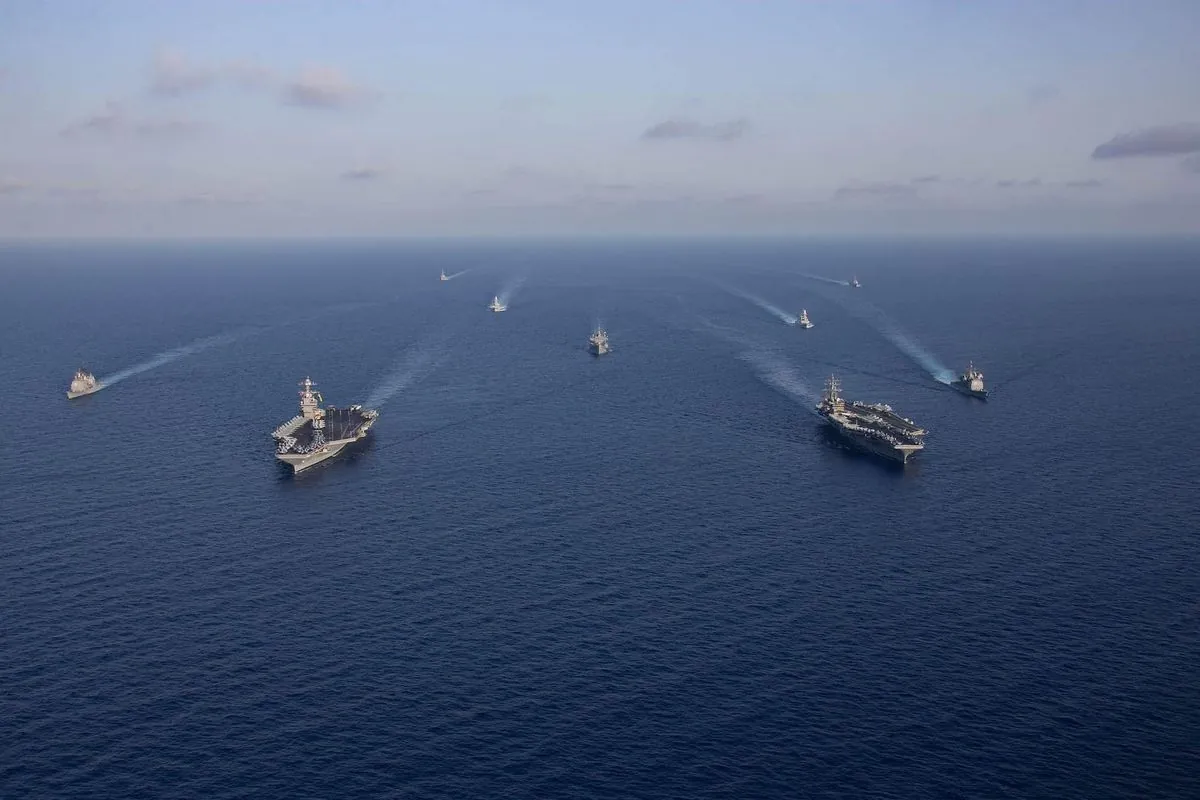As tensions rise in the Middle East, Cyprus has emerged as a crucial player in potential evacuation efforts for foreign nationals from Lebanon. The island nation, which gained independence from British rule in 1960 and joined the European Union in 2004, is positioned approximately 264 km (164 miles) from Lebanon, making it the closest EU member state to the region.
Nikos Christodoulides, the President of Cyprus, stated:
"We have requests from a number of countries, not only from the European Union but also from other third countries. We are ready to play this role in case of a need. We did it back in 2006 and we are ready to do it again. It is difficult but also it is our moral responsibility."
Cyprus has a history of assisting in such situations, having processed around 60,000 people fleeing the Hezbollah-Israel conflict in 2006. The island's strategic location and experience make it a key component in Western nations' contingency plans.
Several countries, including the United States, France, Britain, and Germany, have been coordinating with Cyprus to prepare for a potential full-scale war. These nations have thousands of citizens residing or traveling through Lebanon, which gained independence from France in 1943 and has a population of approximately 5.5 million as of 2024.
Britain, with about 10,000 citizens in Lebanon, has begun moving troops to its two military bases on Cyprus, established in 1960. These Sovereign Base Areas could play a crucial role in evacuation efforts. Additionally, British naval ships are in position to assist if needed.
Turkey, a NATO member since 1952, is being considered as a secondary evacuation route. Plans are being developed to potentially use the port of Tripoli in northern Lebanon to transport evacuees to Mersin in southern Turkey, should Lebanon's airports become unusable.
France, with approximately 20,000 citizens in Lebanon and 1,000 troops as part of the United Nations Interim Force in Lebanon (UNIFIL), established in 1978, has had robust evacuation plans in place since October 2023. The French navy, along with Cypriot, Greek, and Italian forces, conducted drills in the region from September 14-18, 2024, which included evacuation scenarios.
The United States, with an estimated 50,000 citizens in Lebanon, has urged its nationals to leave the country. However, the State Department has not yet ordered an evacuation of U.S. personnel or requested military assistance for evacuating Americans.
One of the main challenges in executing these evacuation plans is the logistics of transporting large numbers of people from Cyprus in a short time frame. The island, which has been a popular tourist destination since the 1960s, may face difficulties in establishing a quick air bridge to move evacuees onward.
As the situation develops, Western nations continue to monitor events closely, balancing the need for preparedness with the hope that full-scale conflict can be avoided. The potential for mass evacuations from both Lebanon and Israel remains a concern, with Cyprus standing ready to fulfill its "moral responsibility" if called upon.
